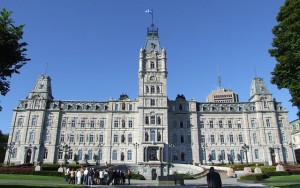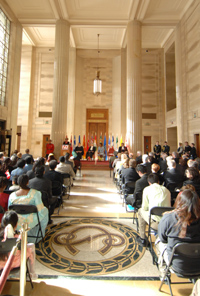“Plus ça change, plus c’est la même chose”
-Jean-Baptiste Alphonse Karr
 On March 28 2018, Quebec has announced significant changes to the Quebec immigration program.
On March 28 2018, Quebec has announced significant changes to the Quebec immigration program.
Quebec Revamping their Intake System for Skilled Workers
The Quebec Government has unveiled plans to revamp their intake system for skilled workers and will be modeled similarly to the federal Express Entry system. The new Expression of Interest (Déclaration d’intérêt) system will manage profiles for the Quebec Skilled Worker Program (QSWP) and will replace the previous first-come, first-served application process.
Similar to Express Entry, candidates who are eligible for the QSWP will have to submit anExpression of Interest (Déclaration d’intérêt) as a first step and their profile will be valid for up to 12 months. It is expected that candidates will then receive a different score, similar to the CRS score, and candidates who meet or exceed a specified cut-off score will be invited to apply for a Quebec Selection Certificate (CSQ). They will then have 90 days to submit their complete application.
Major Changes to the Quebec Immigrant Investor Program
The Quebec Immigrant Investor Program (QIIP) is the only passive investment program in Canada offering permanent residence.
The Quebec Government plans on increasing the QIIP investment threshold from $800,000 to $1.2 million and the minimum net worth requirement from $1.6 million to $2 million. All remaining requirements will remain the same.
We expect the walk-away investment will increase from $220,000 to around $350,000.
The Quebec Immigrant Investor Program has been suspended from April 1st to August 15th, 2018 and it is projected that these significant changes will come into effect in August.
More details about these significant changes will be announced in the near future. Please make sure to visit our website for up-to-date information.






